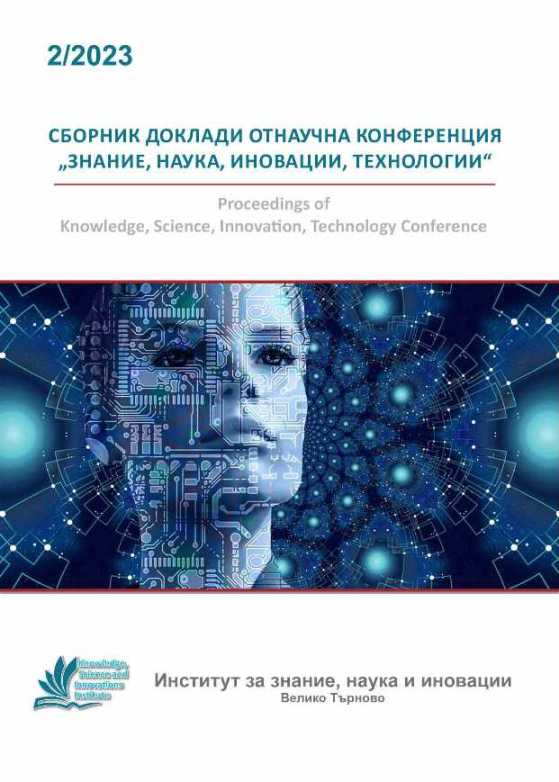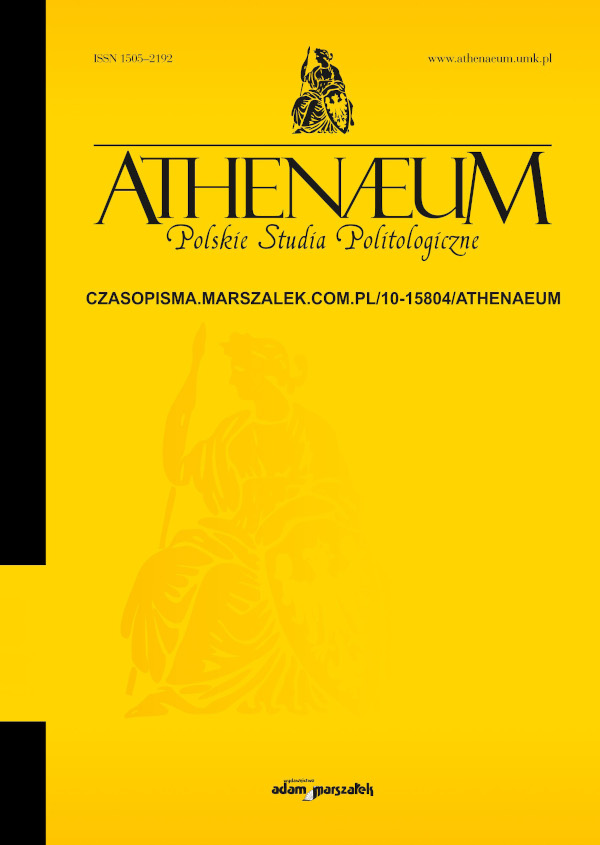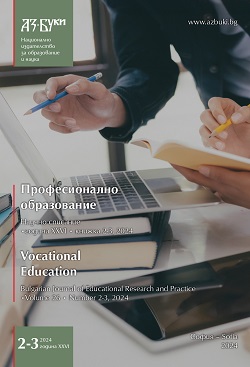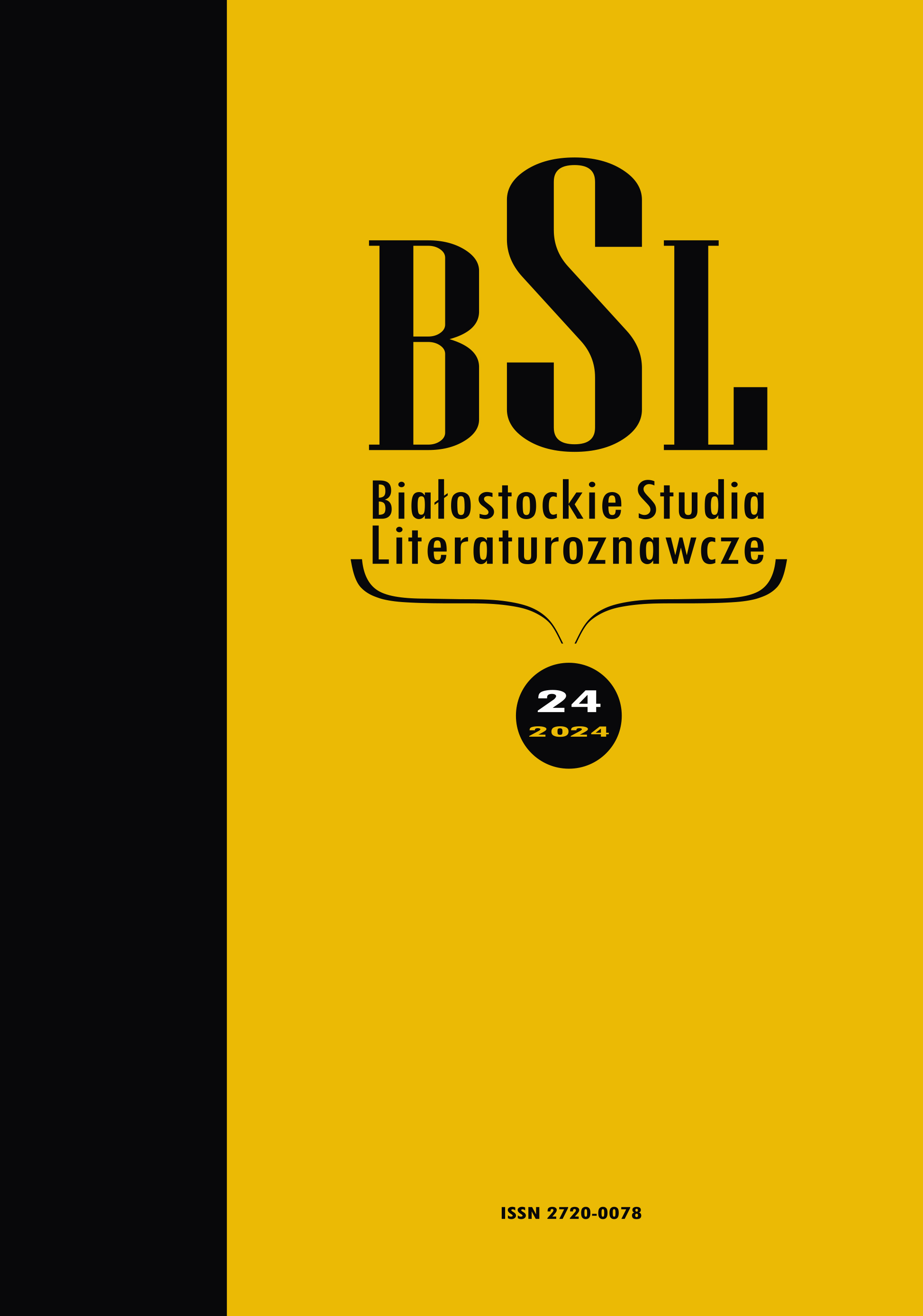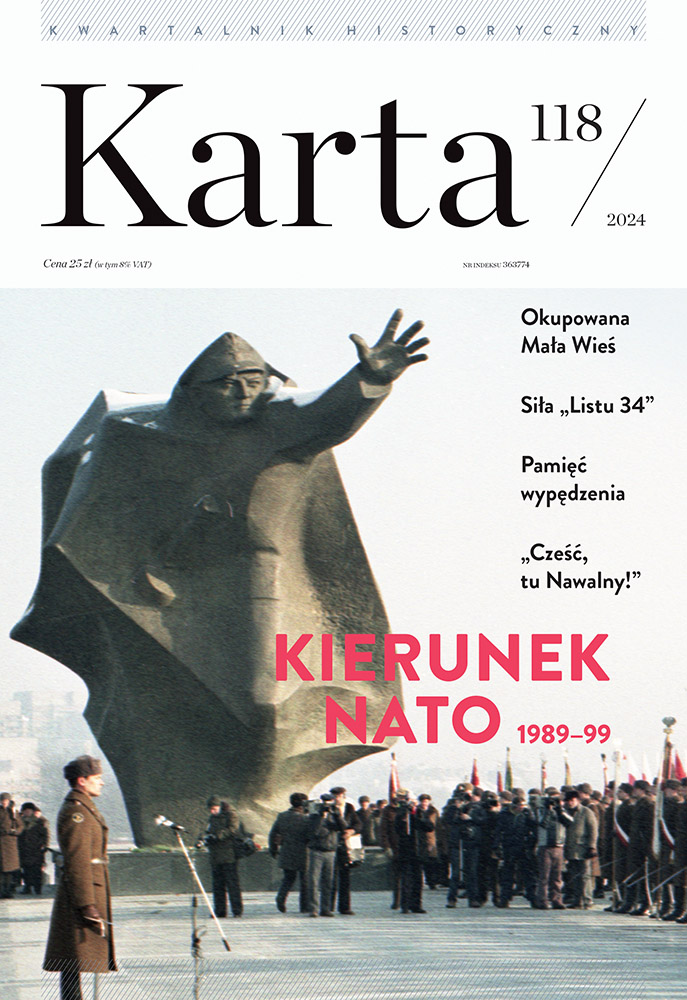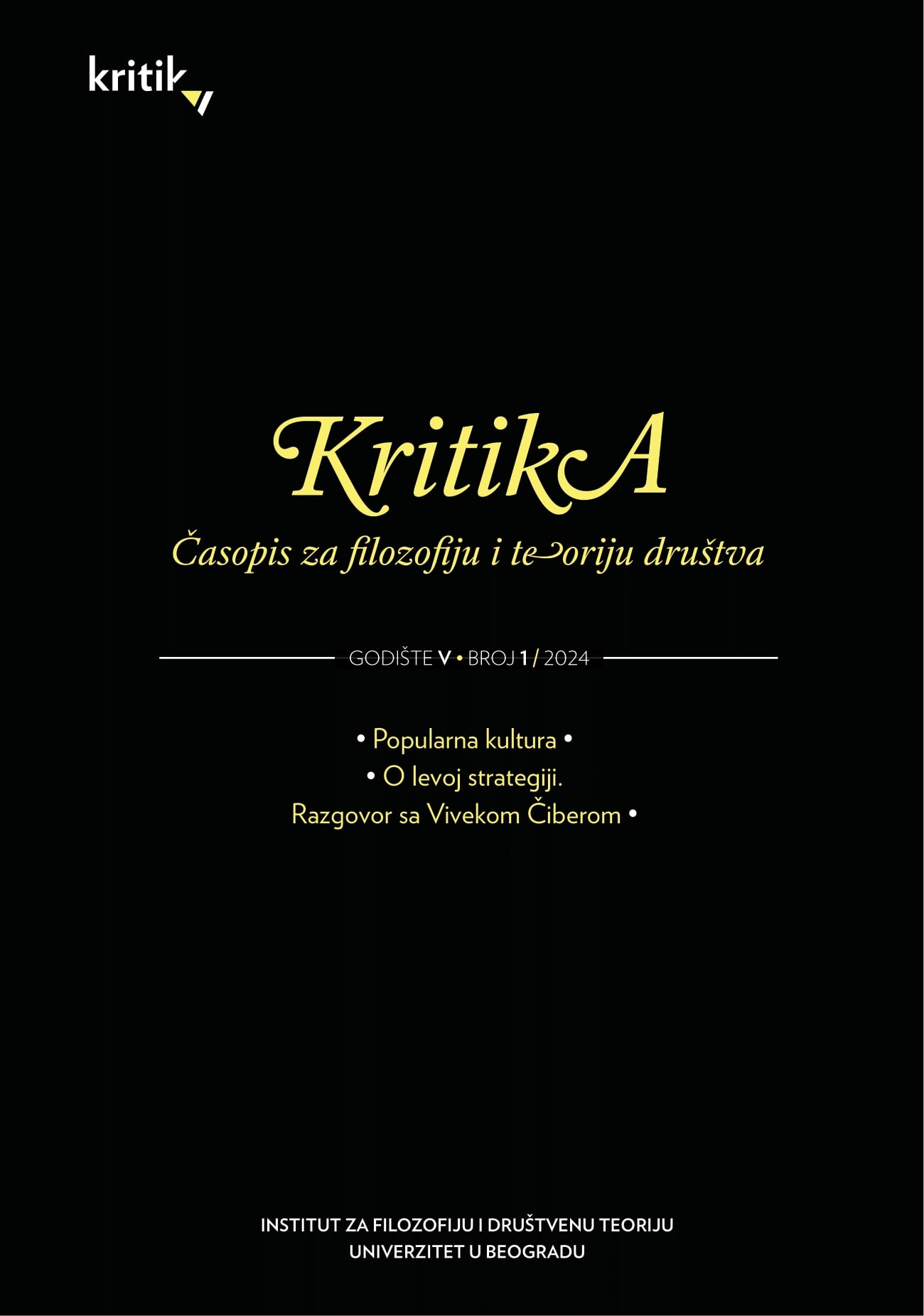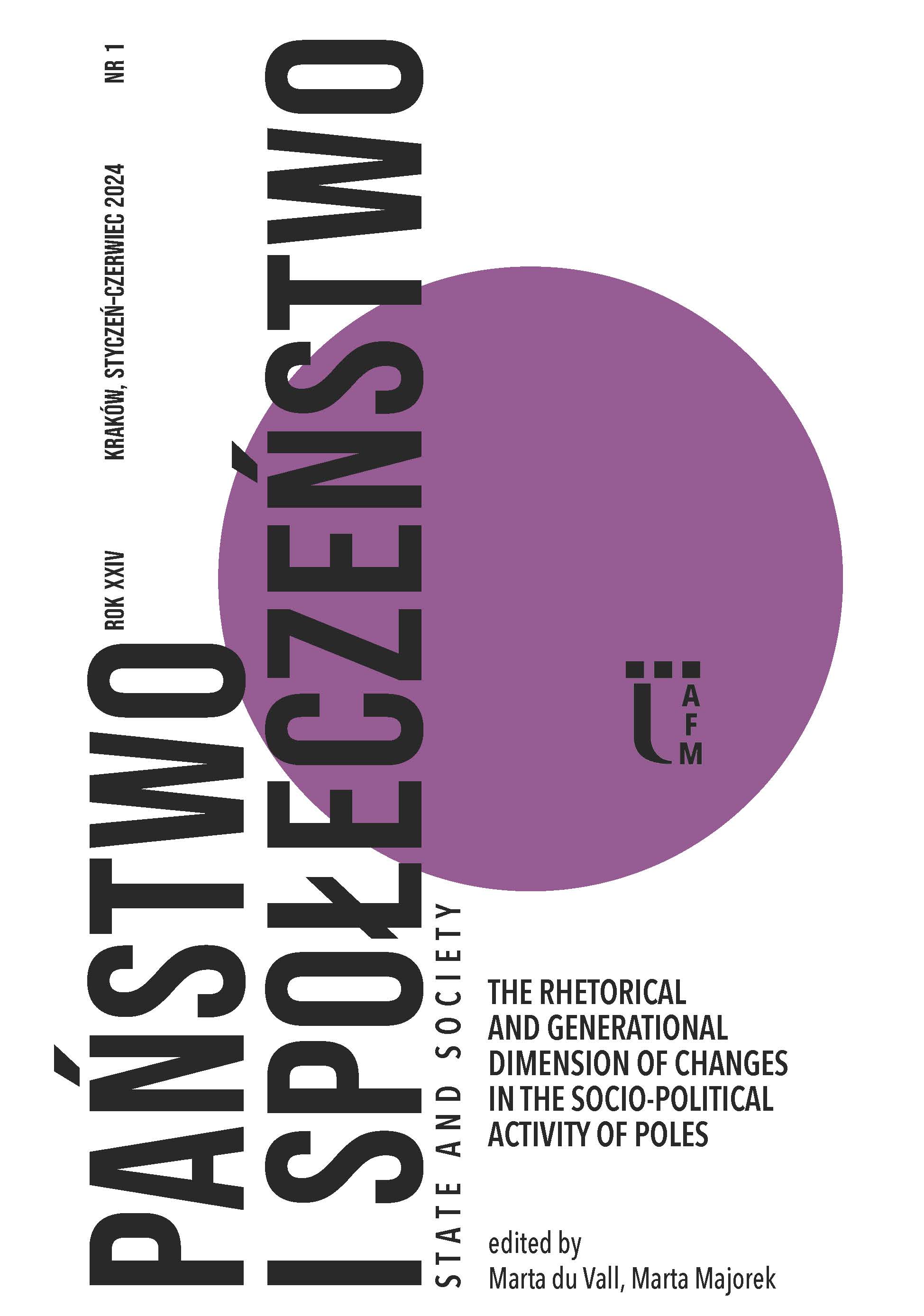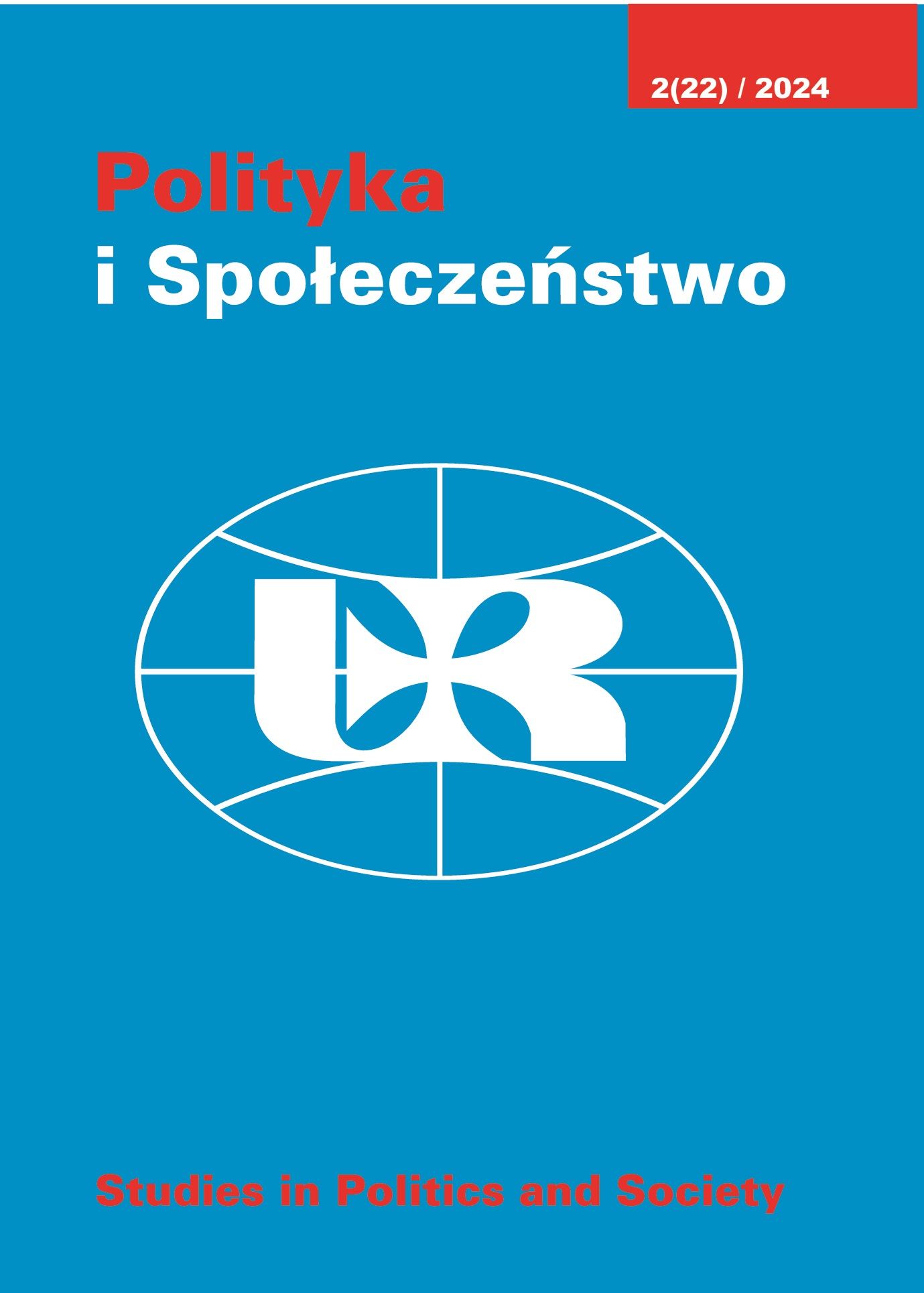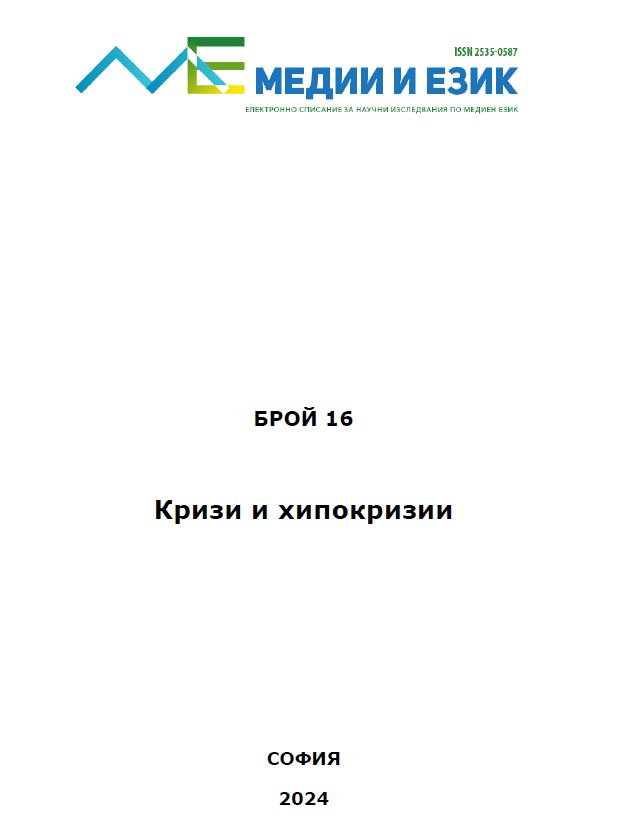Author(s): Anđela Mitrović,Božidar Forca / Language(s): English
Issue: 40/2024
Safety, in a theoretical-practical sense, is understood as a state, organization, function and system. As a state, security is valued in an amplitude of values whose poles are: completely safe and completely unsafe. It is a fact that absolute security does not exist, that is, that every security reference object is threatened to a certain degree. For a long time, the only (key) threat to security was war. However, during the Cold War, the concept of security was expanded from purely military to other sectors, such as political, economic, social and environmental. Thus, the security of the reference object can be threatened by a whole corpus of threats, which are basically divided into military and non-military. In the last few decades, among the numerous challenges, risks and security threats, organized crime stands out. Although acts of crime are evident, both nationally and internationally, organized crime remains undefined, which makes it particularly difficult to prove. This is also due to the fact that in the various classifications of acts that constitute organized crime, different activities are implied. In this paper, the state of organized crime is analyzed through selected criminal acts - threats to security, such as human trafficking - trafficking, narcotics trade and arms trade. The aim of the research is to prove that organized crime in the world has been increasing in the last few years. The work was created as a result of research for teaching purposes, as well as the preparation of the diploma thesis of the first author of this article, which was defended at the Faculty of Business Studies and Law in Belgrade in early 2024.
More...
